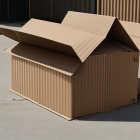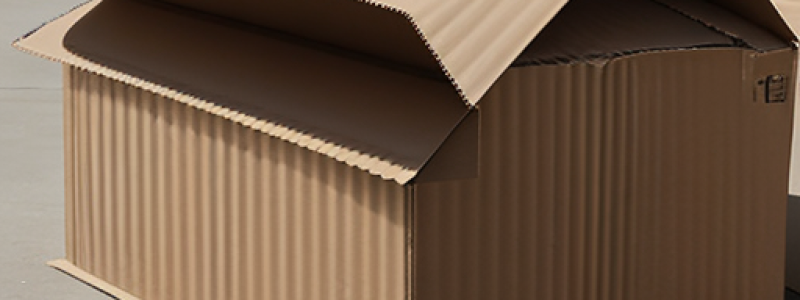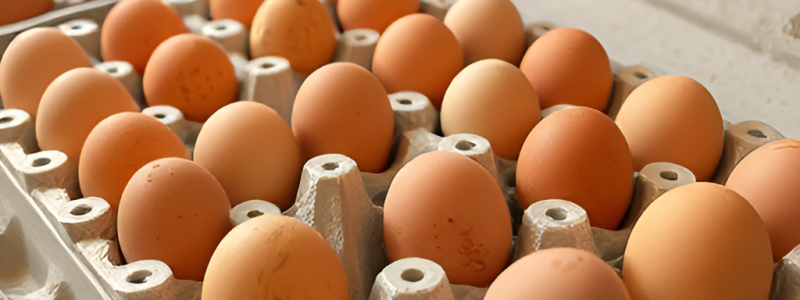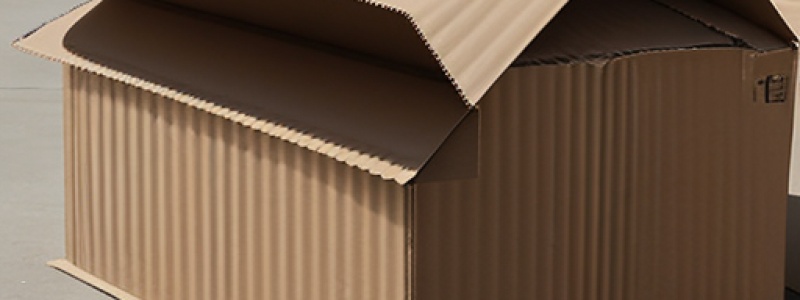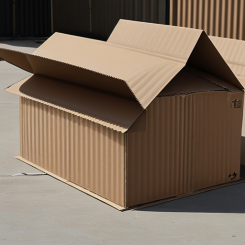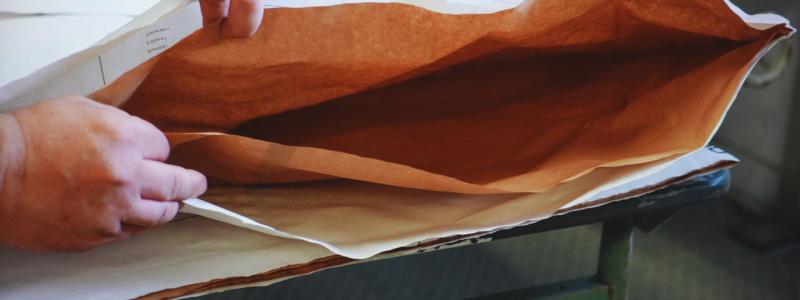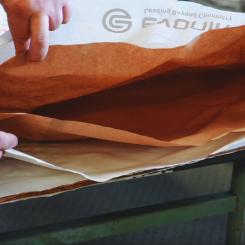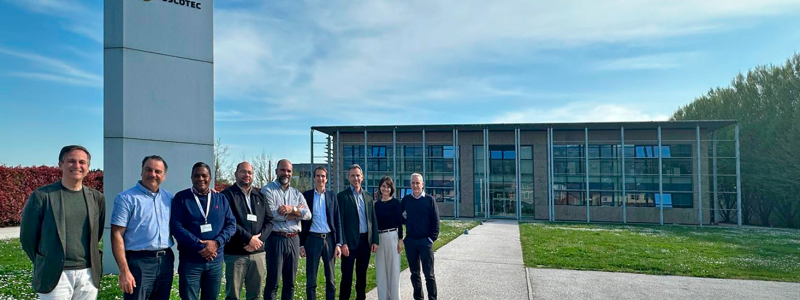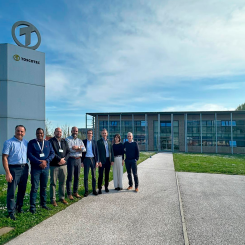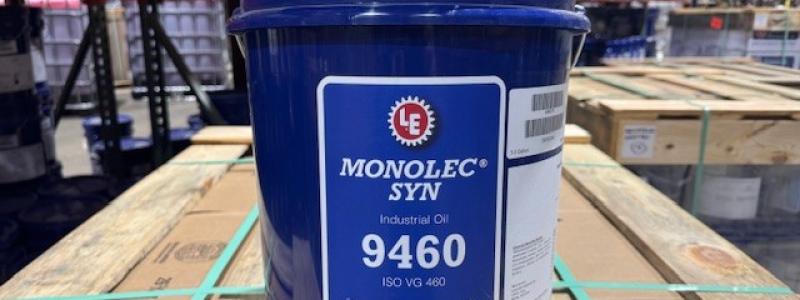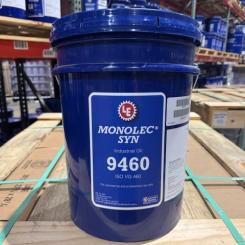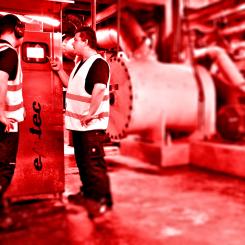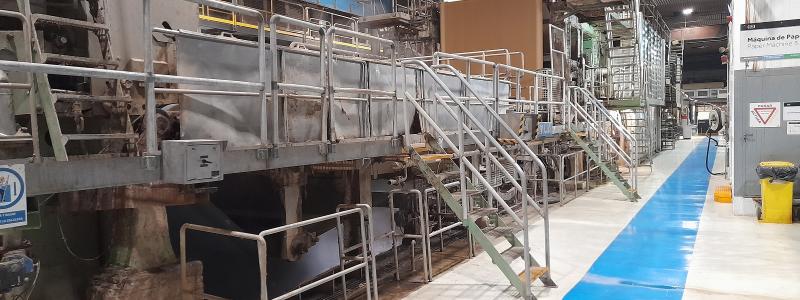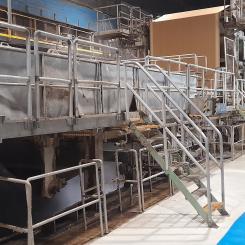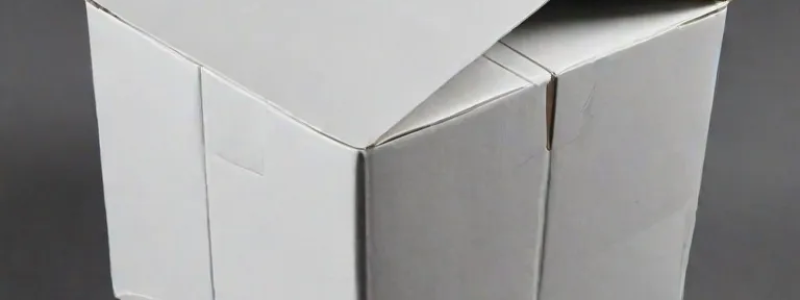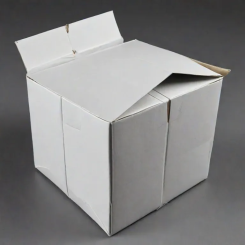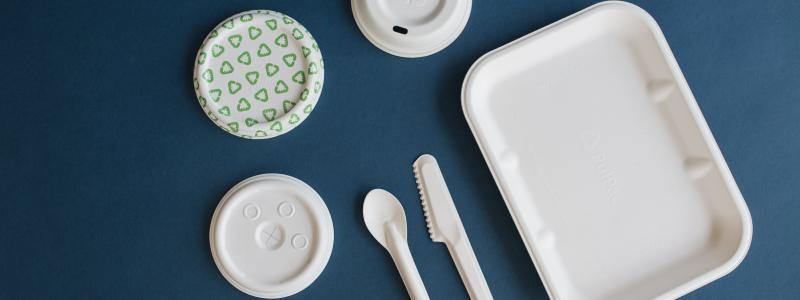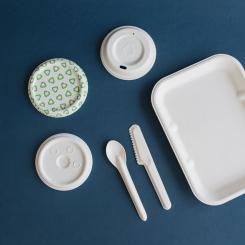Daio Paper has decided to start fluff pulp production for use in absorbent hygiene products such as disposable diapers. Daio will further enhance its stable supply structure for absorbent hygiene products by leveraging its advantage as a manufacturer that has both sanitary paper and absorbent hygiene products in its portfolio and flexibly respond to the needs of the market and users.
Daio will rebuild an existing paper machine into a facility that produces roll pulp for conversion into fluff pulp, one of the main raw materials in the production of absorbent hygiene products such as disposable diapers. The production facility is located at Daio’s Mishima Mill (Shikokuchuo City, Ehime Prefecture).
This machine conversion project is a part of Daio’s structural shift away from paper, which is seeing a continued decrease in demand. Furthermore, as Daio currently relies fully on imports to meet its fluff pulp needs, making a partial switch to in-house fluff pulp would enable Daio to further strengthen its capability to stably supply absorbent hygiene products.
Under the strategic theme of “radical cross-business structural reform of Paper and Paperboard business and Home & Personal Care (hereinafter, “H&PC”) business” of its ongoing Third Medium-term Business Plan, Daio is working to increase the use of its highly competitive pulp of Mishima Mill in the production of products which are seeing increases in demand in Japan and overseas, such as containerboard, kraft paper and sanitary paper.
Through this project, Daio will further speed up its structural reform and establish a structure that can respond to increasing demand and diversifying market needs in Japan and overseas. Daio positions absorbent hygiene products, which includes H&PC business’ mainstay products such as disposable diapers (for babies and adults), sanitary pads and incontinence liners, as one of its growth areas. Through the start of in-house fluff pulp production, Daio will establish a more resilient supply chain for its production bases in Japan as well as in China and Southeast Asia. In addition, it will further improve the quality and profitability of its absorbent hygiene products.

